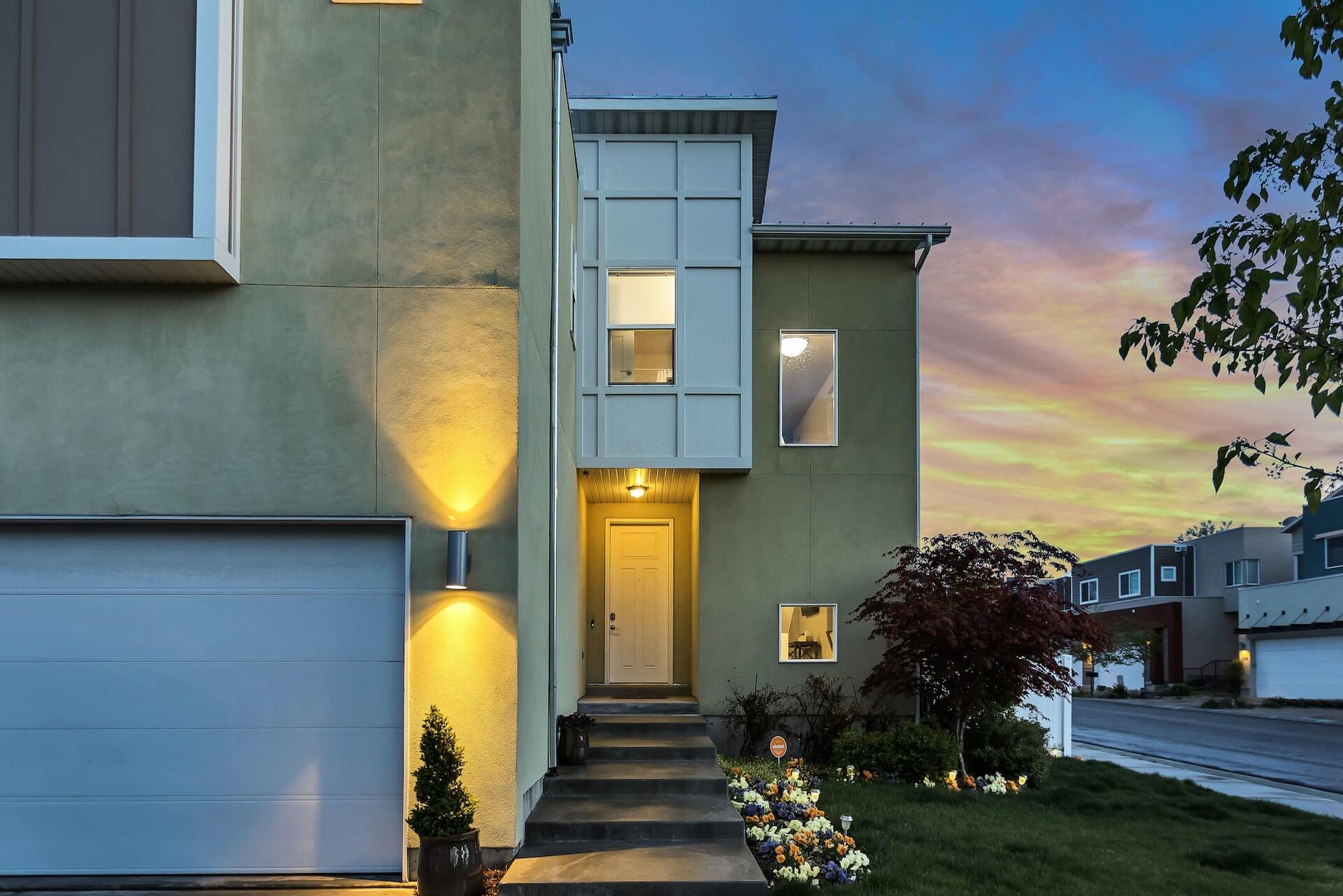
Property
Managing a property is no small task. It involves a lot more than just collecting rent and filling vacancies. A significant part of a property manager’s role is to keep the property in top shape. This not only helps retain its value but also ensures the safety and satisfaction of the tenants. In this article, we will explore some of the critical maintenance tasks that every property manager should prioritize.
Regular Property Inspections
One of the most important tasks for a property manager is conducting regular inspections. These are not just quick walkthroughs. A thorough inspection involves checking the property for any signs of damage, wear and tear, or potential safety hazards. This also includes examining the roof for leaks, looking for cracks in the walls, and ensuring that all safety equipment is in working order.
The key is to identify problems early. Minor issues like a leaking faucet or a window crack can quickly become bigger, more expensive problems if they are not addressed promptly. Regular inspections help identify these issues before they escalate. Moreover, keeping a record of these inspections and any repairs done is essential. It helps track the property’s condition over time and can be valuable information for insurance purposes.
Emergency Preparedness
Property managers must be prepared to respond quickly and effectively to emergencies on the property. This includes developing and implementing an emergency preparedness plan that outlines procedures for addressing various emergencies, from natural disasters to medical emergencies. Property managers should also establish relationships with local emergency responders and companies offering commercial restoration services to ensure a rapid response in an emergency. Regular training and drills can help property managers and tenants prepare for emergencies and provide a coordinated response when they occur.
HVAC System Maintenance
Maintaining HVAC systems is crucial for tenant comfort and property functionality. Regular maintenance tasks such as changing air filters, inspecting ductwork, and servicing HVAC units help prevent breakdowns and ensure systems operate efficiently. Property managers should schedule routine inspections and maintenance visits with qualified HVAC technicians to address any issues promptly. Property managers can avoid costly repairs and prolong equipment lifespan by staying proactive with HVAC maintenance.
Roof Maintenance
Roof maintenance protects properties from the elements and prevents water damage. Regular roof inspections for damage, missing shingles, leaks, or sagging areas are crucial. Property managers should schedule routine inspections with qualified roofing contractors to address issues promptly. Proactive roof maintenance prolongs roof lifespan and prevents costly repairs.
Exterior Maintenance and Landscaping
Maintaining the exterior of a property is just as important as maintaining the interior. The exterior is the first thing tenants and visitors see, so keeping it in good condition is crucial. Property managers should regularly inspect the property’s exterior for signs of wear and tear, such as peeling paint, damaged siding, or cracked pavement. Additionally, keeping the landscaping well-maintained enhances curb appeal and creates a welcoming atmosphere for tenants. Property managers should schedule routine maintenance tasks like pressure washing, painting, and landscaping to ensure the property’s exterior remains in top condition.
A well-maintained landscape not only enhances the aesthetics of a property but also contributes to its overall value. Property managers should prioritize regular landscape maintenance to keep the property looking its best year-round. This includes mowing lawns, trimming bushes and shrubs, and weeding flower beds.
Additionally, property managers should ensure proper irrigation to keep plants healthy and vibrant. Investing in professional landscaping services can help property managers maintain a beautiful and inviting outdoor environment for tenants.
Plumbing System Checks
Properly maintaining plumbing systems prevents water damage and ensures property functionality. Property managers should regularly inspect plumbing fixtures, pipes, and water heaters for signs of leaks or corrosion. Preventive measures like clearing clogged drains and insulating pipes during cold weather help prevent plumbing issues. In a plumbing emergency, property managers need a plan to quickly address the problem and minimize property damage.
Electrical System Safety
Electrical system maintenance is essential for preventing hazards and ensuring the safety of tenants. Property managers should regularly inspect the property’s electrical wiring, outlets, and fixtures for signs of wear or damage. Additionally, scheduling routine maintenance tasks such as testing smoke detectors, replacing light bulbs, and checking for overloaded circuits can help prevent electrical issues from occurring. Property managers should also ensure that licensed professionals perform all electrical work to ensure compliance with safety regulations and prevent accidents.
Fire Safety Measures
Fire safety is a critical aspect of property management that should not be overlooked. Property managers should prioritize fire safety maintenance to protect tenants and property from fire risk. This includes ensuring that smoke detectors, fire extinguishers, and emergency exits are in working order and up to code. Property managers should also develop and implement a fire safety plan that outlines procedures for evacuating the property in the event of a fire. Regular fire safety inspections and drills can help ensure tenants are prepared to respond effectively in an emergency.
Pest Control Management
Effective pest control is essential in property management to ensure tenants’ safe and comfortable environment. Regular inspections for signs of pests like rodents, insects, and termites are crucial. The key to good pest control is not just in reacting to infestations but in preventing them. This can be achieved by sealing cracks and openings in the building’s exterior, proper waste management, and ensuring that the property is kept clean and dry, as damp conditions can attract pests.
If pests are detected, it’s important to address the problem quickly and efficiently, using professional pest control services if necessary. Regular communication with tenants about proper food storage and waste disposal can also help prevent pest issues. Keeping a property pest-free not only contributes to the health and comfort of tenants but also preserves the structural integrity of the building.
Wrapping Up
Property maintenance is a crucial responsibility for property managers that requires careful planning and attention to detail. Property managers can ensure the safety, functionality, and longevity of their properties by prioritizing regular inspections, proactive maintenance, and timely repairs. Additionally, partnering with commercial restoration service providers can provide property managers the support they need to promptly address unexpected damage or emergencies. Property managers can protect their investments and provide tenants with a safe and comfortable living environment by staying proactive and prepared.






